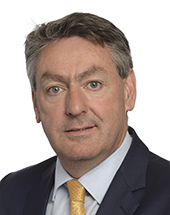
Choisissez la langue de votre document :
- bg - български
- es - español
- cs - čeština
- da - dansk
- de - Deutsch
- et - eesti keel
- el - ελληνικά
- en - English
- fr - français
- ga - Gaeilge
- hr - hrvatski
- it - italiano
- lv - latviešu valoda
- lt - lietuvių kalba
- hu - magyar
- mt - Malti
- nl - Nederlands
- pl - polski
- pt - português
- ro - română
- sk - slovenčina
- sl - slovenščina
- fi - suomi
- sv - svenska
|
| Процедура : 2021/2188(INI) |
| Етапи на разглеждане на документа : A9-0089/2022 | ||||||
Внесени текстове : A9-0089/2022 | Разисквания : PV 02/05/2022 - 19CRE 02/05/2022 - 19 | Гласувания : PV 03/05/2022 - 8.8Обяснение на вота | Приети текстове : P9_TA(2022)0135 | |||
| Пълен протокол на разискванията |
|
|
| Понеделник, 2 май 2022 г. - Страсбург | Редактирана версия |
|
| Последно осъвременяване: 4 юли 2022 г. | Правна информация - Политика за поверителност |











